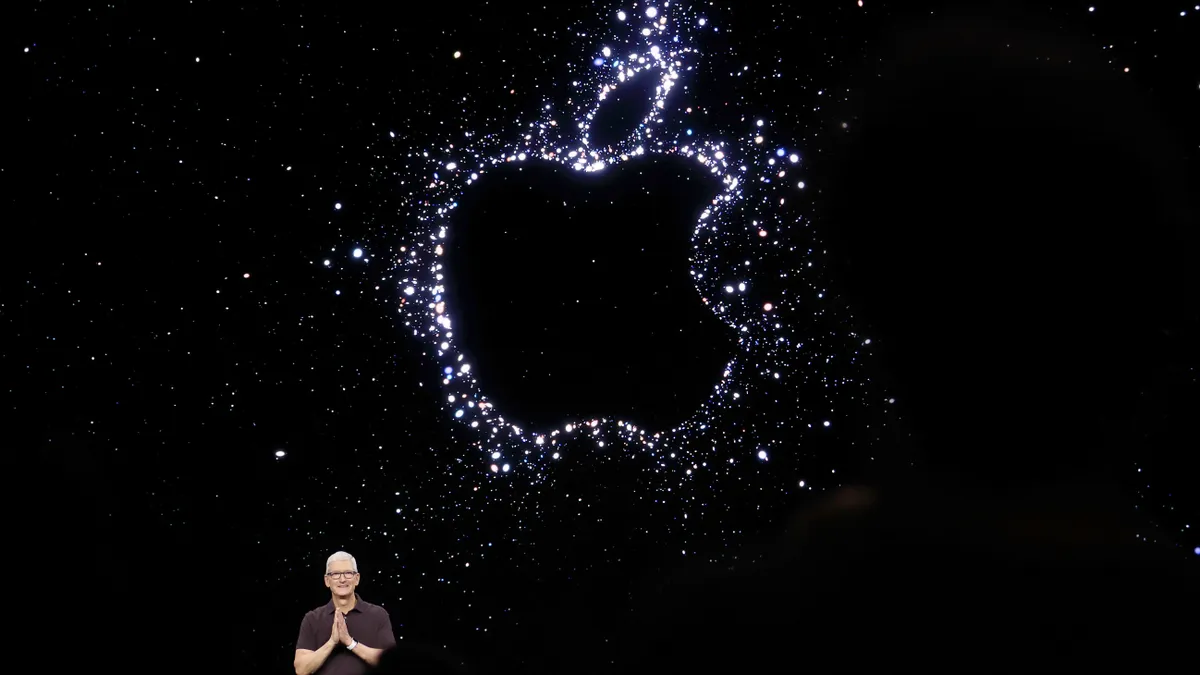Tech giant Apple’s payment services are increasingly facing legal and regulatory challenges at home and abroad.
A Dutch regulator has ruled that the Cupertino, California-based company is charging too much in commissions for subscription-based apps like Tinder, according to a Tuesday report by Bloomberg. The decision was sent confidentially in July, and viewed by Bloomberg according to the news report.
Apple won’t allow users to pay for the subscriptions through third-party payment systems, yet charges a 30% commission in the Netherlands to use its own Apple Pay system, according to the Bloomberg report.
Another regulator, this one in South Korea, said last month that it plans to fine Apple up to 20.5 billion won ($15 million) for forcing Korean app developers to use its own in-app payment system according to a report by TechCrunch. Apple competitor Google also faced fines from the regulator for a similar issue.
In addition, Bloomberg reported last month that the Australian government plans to introduce legislation that would allow its central bank to regulate digital payment platforms such as Apple Pay and Google Pay.
The regulatory moves in South Korea and Australia weren’t a serious concern for Apple, according to Creative Strategies President Carolina Milanesi.
“While Apple Pay is a source of revenue for Apple it is not a big part of the overall services revenue,” Milanesi said in an email. “Those are also not critical markets for Apple so unless these investigations spread to other countries I do not really see it as something having an impact of Apple’s services revenue growth.”
Back home, the Consumer Financial Protection Bureau, a federal regulator, issued a report in September scrutinizing Apple’s refusal to let third-party payment apps use the tap-to-pay functionality on its mobile devices. Google was also a target of the report.
A U.S. District Judge ordered the tech giant in September to face a private class action led by three credit union card issuers, according to a Reuters report. The plaintiffs allege the company violated the federal Sherman Antitrust Act by thwarting competition for Apple Pay.
A CapitalOne report estimated that Apple Pay processed $6 trillion in digital payments globally last year, second only to card network Visa, which processed $10 trillion in global volume for the same period. The report also estimated that Apple Pay produced revenue of $1.9 billion last year.
Apple did not immediately respond to requests for comment on the regulatory actions and litigation against its payments business.











